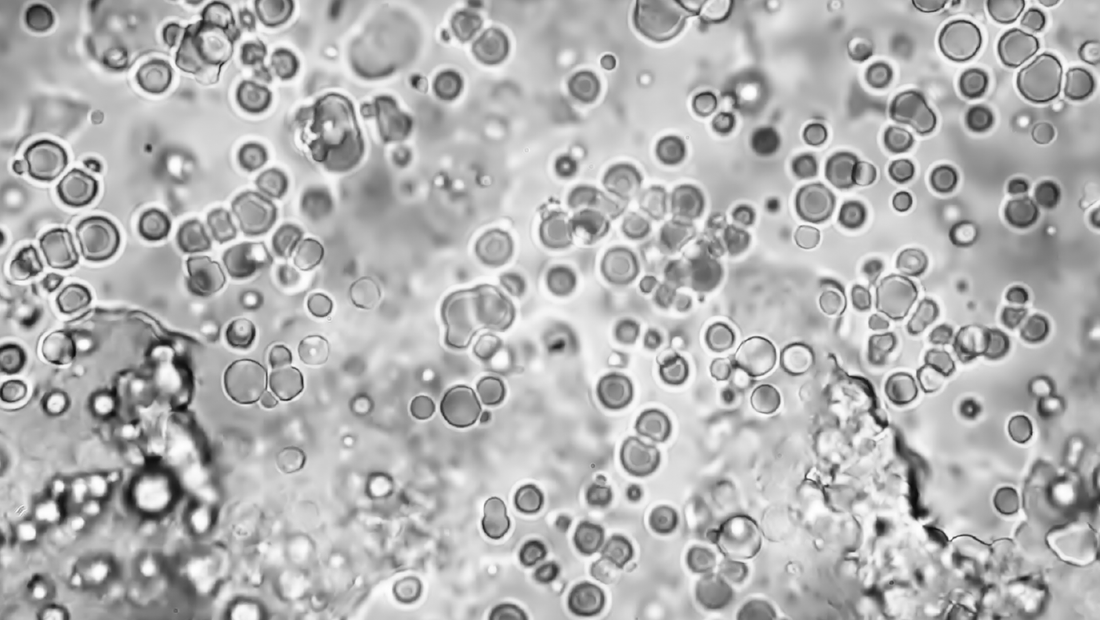ATP is key in the process of converting the food we consume into energy.
ATP is required for many physiological processes in the body, such as muscle contraction, nerve impulse transmission, and protein synthesis, and is thus dubbed the 'energy currency.'
Continual chemical reactions between ATP and mitochondria use fat as energy, and if ATP cannot move smoothly within the body, it can cause obesity and various diseases.
Adenosine triphosphate (ATP), the most abundant molecule in our bodies, is produced through cellular respiration, a series of metabolic reactions in the mitochondria of cells.
Without ATP, cellular processes cannot occur, and the life forms we know would not exist. If ATP does not circulate properly, the body fills with unusable energy, leading to obesity and various diseases.
A complex process is needed for the food we eat to be converted into energy. Cells play a crucial role in this process and are constantly working to create energy.
ATP transports the energy produced by mitochondria to where it is needed within the body for use. Mitochondria and ATP help ensure the food we ingest is used as energy, not stored as fat through ongoing chemical reactions.
It is necessary to consume the micronutrients lacking in the body to resolve the primary causes of obesity and chronic fatigue, enabling each cell to function correctly.
ATP: Adenosine Triphosphate

